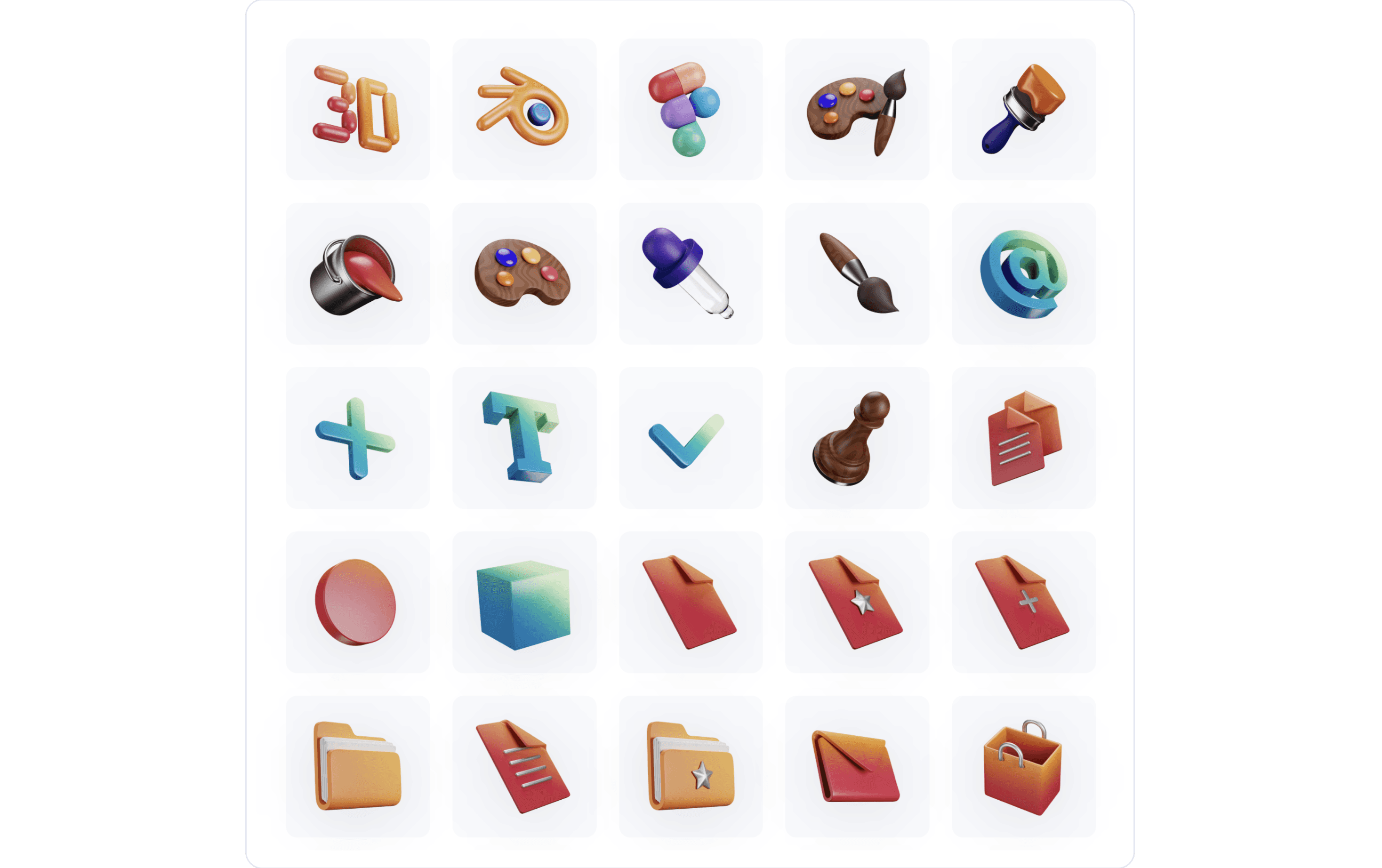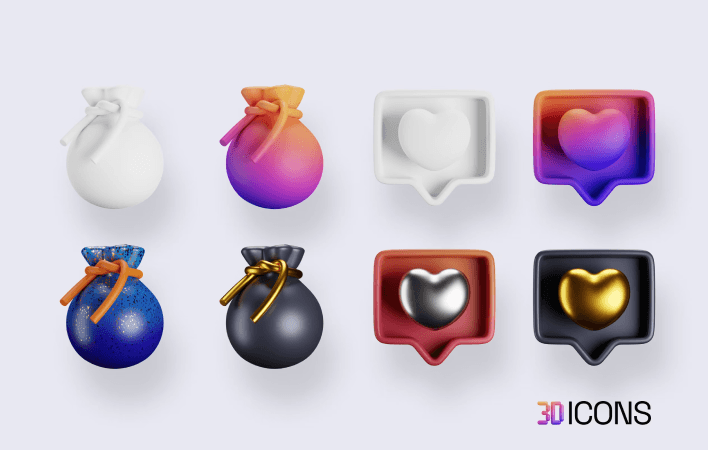Open-Source 3dicons Library: Case Study And Free Downloads
MAP3's mission is to create a ticketing platform with a built in loyalty rewards program, powered by WEB3.
Role
As the product designer I was tasked with first defining the brand, then designing a landing page then finally designing the mobile application.
The focus for the logo was a modern, clean aesthetic with the blue to purple gradient symbolizing the transition from WEB2 to WEB3.
Clean, minimalistic color palette with blue & purple used as a gradient & alone.
The type face is clean with fonts that are easy to read & are IOS compatible.
Homepage- Wireframe
Use positioning to fix topbars, sidebars, and backgrounds.
Homepage- Final
Use effects like Transforms and Parallax scrolling.
Tickets- Wireframe
Connect your site to the most popular apps out there.
Tickets - Final
Run a blog, list job openings, or manage your event schedule.
Collectibles- Wireframe
Visually structure your pages and link to them easily.
Collectibles- Final
Build lightning-fast, globally optimized sites.
Footer- Wireframe
Build lightning-fast, globally optimized sites.
Footer- Final
Build lightning-fast, globally optimized sites.
In February 2021, I began studying 3D illustration using Blender. Like most beginners in the field of 3D design, I also created my first donut by following BlenderGuru’s (Andrew Price) tutorials. I firmly believe that learning by doing is the best way to learn. Picking an icon and following the steps on how to construct it in the 3D space was a great challenge for me, as each icon required a different approach to modeling.
While learning, I noticed that the number of icons in my project had grown to almost 30, and at this moment, I decided to release them under an open-source license. I started preparing more icons for the most commonly used cases, and in the end, I created exactly 120 icons.
Then the main objective evolved into creating a set of icons that could be used on product screens, presentations, and social media posts. These icons should be rendered as product-ready assets, but I also wanted to share the editable source files with the optimized and exported icons.

More detailed story at Smashingmagazine











